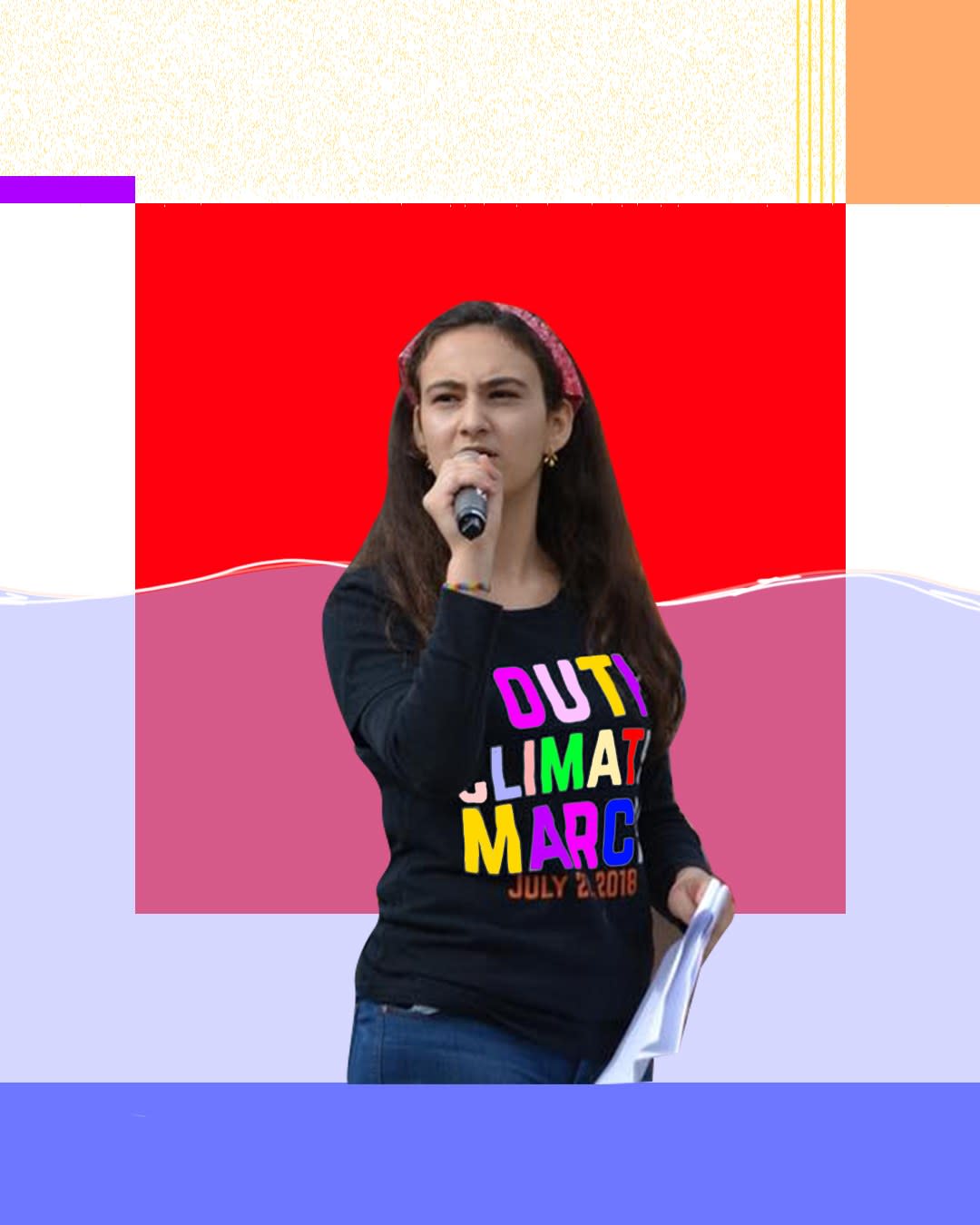21 Under 21: Jamie Margolin Knows Climate Justice is the Key to All Justice

Jamie Margolin is part of Teen Vogue’s 21 Under 21 class of 2018, which spotlights extraordinary young women, girls, and femmes making waves in their industries or passions of choice.
Jamie Margolin founded the youth climate action organization Zero Hour in 2017 because “there is no more time” for inaction. In fact, existential dread is actually what drew her to the issue.
“Life as we know it is coming to an end, thanks to rapid environmental destruction,” the 16-year-old says. As executive director of the group, which is made up of high school students and led entirely by women of color, Jamie believes the fix “isn’t simply about slapping a solar panel on the climate crisis,” but about dismantling systems of oppression that caused it in the first place: colonialism, consumerism, racism, and patriarchy. “We tackle climate change from an intersectional lens,” she says. “And we believe that the people who feel the worst effects of an issue are the experts and must be at the forefront of that issue’s solutions.”
Focusing on those most impacted is the crux of her passion, and the organization has followed suit because “climate justice is the key to all justice,” she says. “Twenty thousand people die from air pollution alone each year in the United States, and the majority of those people are people of color. That’s not a coincidence.”
In July, Zero Hour organized the first ever Youth Climate March in Washington D.C.,and 25 other cities around the country, as well as a Youth Climate Lobby Day on Capitol Hill and in local governments. The group has used social media and media savvy to turn youth climate activism into something mainstream. She says she is often asked, “What do you want to be when you grow up,” and expected to plan for her future outside of organizing. “How am I supposed to plan when my leaders aren’t doing the same and instead leaving future generations with a planet that is inhospitable and where it's impossible to sustain civilization?” she asks.
As a teenager of Hispanic descent, Jamie has often felt underestimated. “I took a day off from school to lobby with other youth activists and spent the day in a hearing room surrounded by old, white, fossil-fuel executives. They talked about how there isn’t any proof that fossil fuels are damaging the environment. After the hearing, I confronted them — what they said was a lie — and one of the men squeezed my shoulder and said, ‘Sweetie, don’t worry yourself so much about this environment thing because corporations are actually the ones who do the most for the environment. We got it covered. Just focus on school.’”
“If I got money every time I was laughed at, interrupted, blatantly told that what I said was ‘false’, and just overall mansplained in a professional environment, I think I could pay for college,” Jamie says. Her advice for other young girls and femmes is straightforward: “Never apologize for your existence, never apologize for your power, or the work you do.”
“In the next 21 years, the world is going to be very different, either in a good way because we will have transitioned to a just and renewable future, or in a horrible way because we will have continued on the path we are on now, down the spiral of no return,” she continues. “The work of all climate justice activists is crucial to human survival.”
Despite the grim realities and possibilities of the issue she fights for Jamie is actually a “hopeful activist” because she says, “You can’t motivate the world with one giant existential crisis, but you can motivate them with the hope of a brighter future.”

